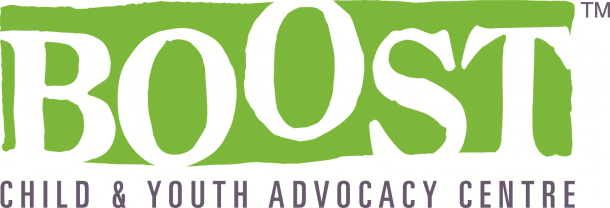Resources For Teachers & Other Professionals
For Teachers – Prevention Strategies
—
The dynamics of victimization suggest targeted children are often chosen for the very qualities that prevent them from saying “no” or telling someone about the abuse. Vulnerable children with low self-esteem, poor communication skills, a lack of understanding about how and where to get help are at a higher risk of victimization.
Self-Esteem
—
Children who are confident and feel good about themselves are not only less likely to be victimized, but also less likely to grow up to victimize others. Teachers can help children to build self-esteem.

Communication
—
Children can increase skill and confidence in themselves as communicators when they receive support to communicate in situations they recognize as important. Teachers can help their students develop communication skills:
Decision Making
Recognizing they have the ability to make decisions
Having the opportunity to practice developmentally appropriate decision-making, as a group and independently
Using critical thinking skills such as identifying cause and effect, analysing, processing, and predicting
Recognizing that making decisions is developmental and it’s okay to ask for help if the choices are confusing.
Allow opportunities for choice – provide the chance to make age-appropriate decisions every day.
Express confidence – let your students know you have faith in their ability to make reasonable choices.
Consider others: consider your students’ feelings when you make decisions, and they will learn to consider others in their decision-making.
Respect the choices of others: show your students you respect the choices of others by accepting their decisions, as long as no one’s well-being is being jeopardized.
Consider different points of view: help your students value what others have to say.
Respecting Others
—
Respect entails a universal regard for differences and a celebration of culture, religion, values, family, and diversity. Teachers can help their students learn the importance of respect:
Show respect: listen to what others have to say.
Talk openly: all feelings and ideas are valuable and important and can be talked about.
Set an example: treat everyone in the class fairly; provide opportunities for all students that respect their interests and abilities.
Appreciate people’s differences: participate in events and activities that give children the opportunity to share in and appreciate the beliefs and customs of others.
How and Where to Get Help
—
Help children understand there are two kinds of support systems: a formal support system that includes teachers, doctors, nurses, counselors, police, and child protection services; and an informal support system that includes family, friends, relatives, and neighbours. Teachers can support their students to feel comfortable asking for help:





